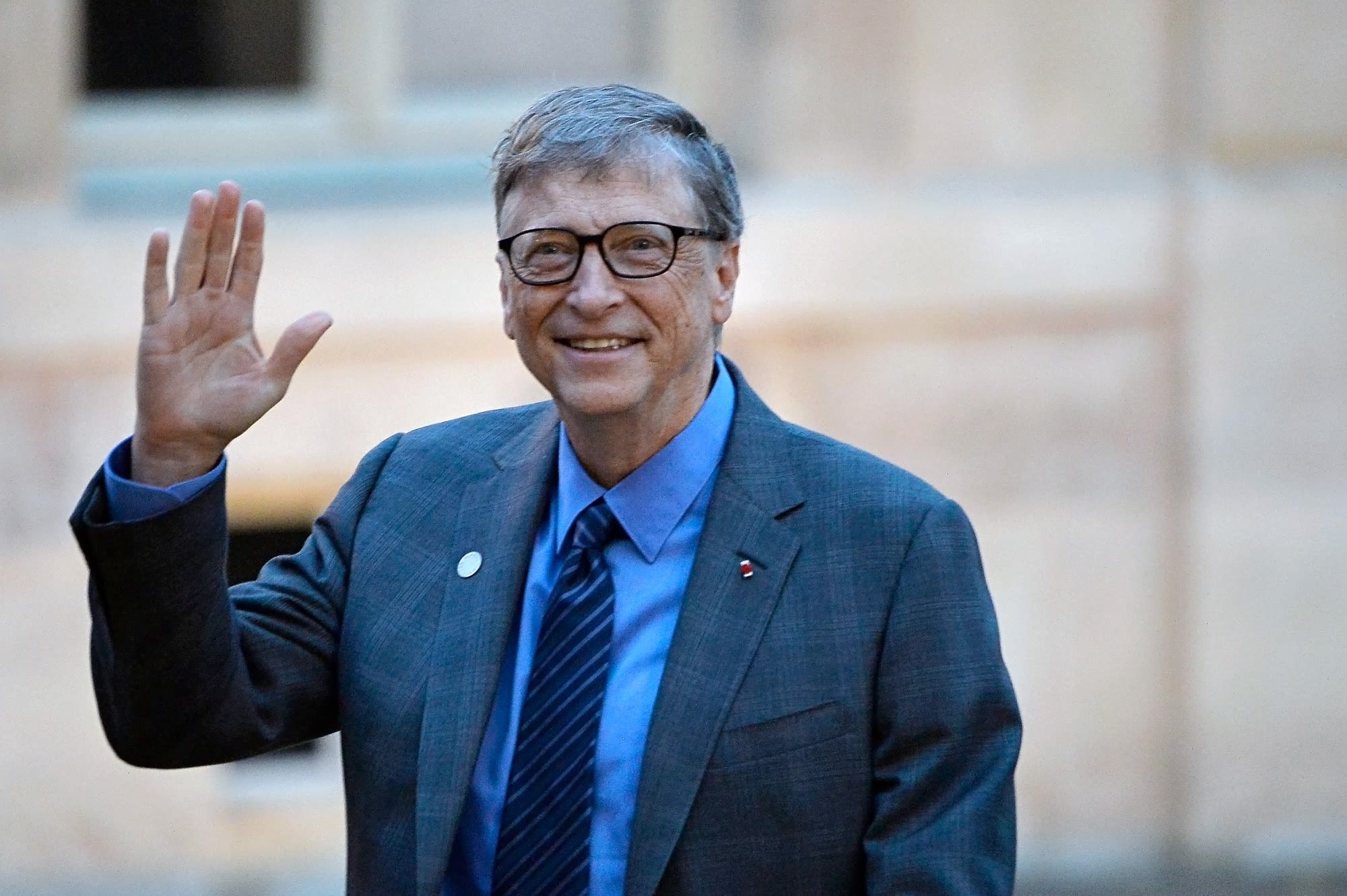
Gates Foundation Pledges $2.5B to Advance Women-Centred Health Research » Capital News
SEATTLE, August 11, 2025 – The Bill & Melinda Gates Foundation has announced a $2.5 billion commitment through 2030 to accelerate research and development (R&D) focused exclusively on women’s health, with a priority on low- and middle-income countries.
The funding will support more than 40 innovations in five underfunded areas: obstetric care and maternal immunisation, maternal health and nutrition, gynaecological and menstrual health, contraceptive innovation, and sexually transmitted infections (STIs).
“For too long, women have suffered from health conditions that are misunderstood, misdiagnosed, or ignored,” said Dr Anita Zaidi, president of the foundation’s Gender Equality Division. “We want this investment to spark a new era of women-centred innovation—one where women’s lives, bodies, and voices are prioritised in health R&D.”
Women’s health R&D remains severely underfunded. A 2021 McKinsey & Company analysis found that only 1% of healthcare research and innovation funding targets female-specific conditions beyond oncology. Major issues such as preeclampsia, gestational diabetes, heavy menstrual bleeding, endometriosis, and menopause—affecting hundreds of millions of women—remain deeply under-researched.
“Investing in women’s health has a lasting impact across generations. It leads to healthier families, stronger economies, and a more just world,” said Bill Gates, chair of the foundation. “Yet women’s health continues to be ignored, underfunded, and sidelined. Too many women still die from preventable causes or live in poor health. That must change.”
The foundation is urging governments, philanthropists, investors, and the private sector to co-invest, help shape product development, and ensure access to treatments for the women and girls who need them most.
The priority areas were chosen based on global health data, input from women in low- and middle-income countries, and the high rates of misdiagnosis linked to gaps in medical knowledge and training. Research will include breakthrough areas such as the vaginal microbiome, first-in-class therapeutics for preeclampsia, and non-hormonal contraception.
“This is the largest investment we’ve ever made in women’s health research and development, but it still falls far short of what is needed in a neglected and underfunded area of huge human need and opportunity,” Zaidi noted. “Women’s health is not just a philanthropic cause—it’s an investable opportunity with immense potential for scientific breakthroughs.”
Dr Bosede Afolabi, professor of obstetrics and gynaecology at the University of Lagos, said the announcement brings “much-needed attention to the health challenges women face in places where resources are most limited and the burden is highest.”
According to the foundation, every $1 invested in women’s health yields $3 in economic growth, and closing the gender health gap could boost the global economy by $1 trillion annually by 2040.
The initiative supports the foundation’s long-term goals through 2045, including ending preventable maternal and child deaths, eradicating deadly infectious diseases, and lifting millions out of poverty. It builds on 25 years of maternal and child health work and complements efforts to scale women’s health commodities, vaccines such as HPV, and other child health interventions.